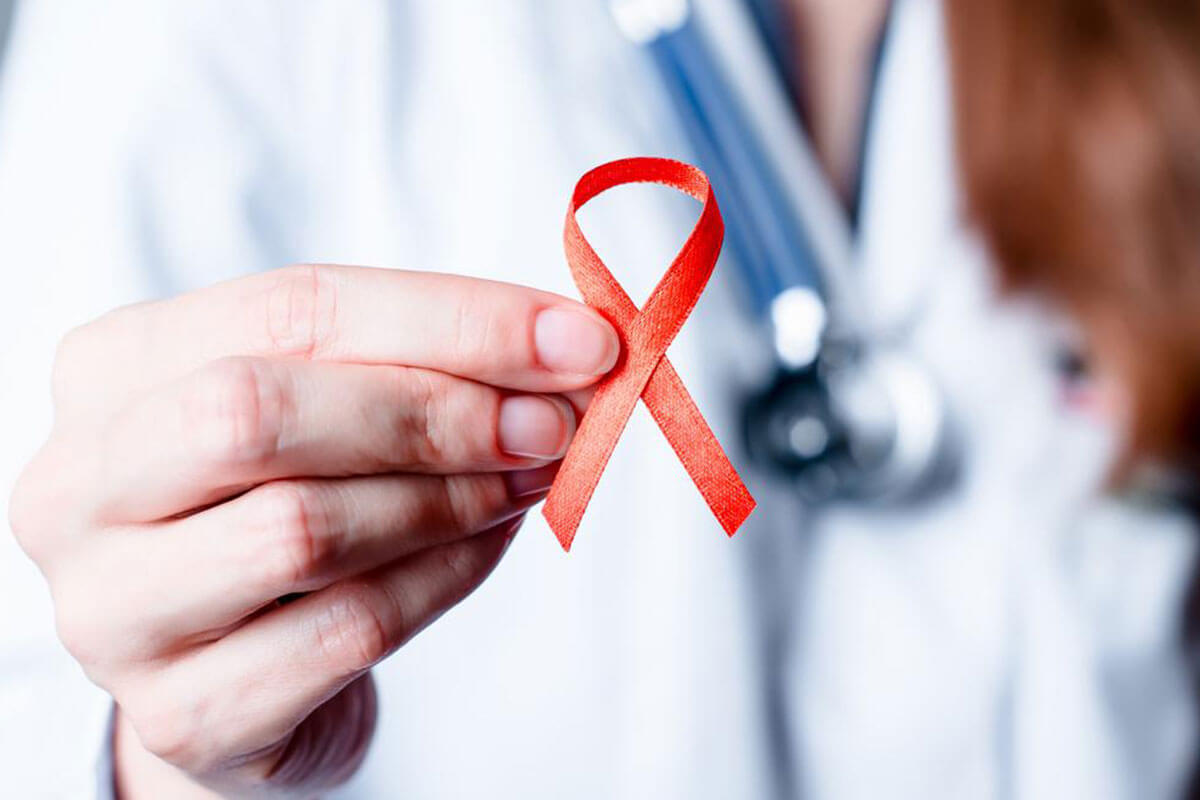Understanding the Progression of HIV Infection
This article explains the stages of HIV infection, from initial symptoms to AIDS, emphasizing the importance of early testing and treatment. It details the progression of the virus, common symptoms at each stage, and the crucial need for medical intervention to improve survival chances and prevent disease advancement.

The Progression of HIV Infection
Human Immunodeficiency Virus (HIV) is a serious virus that targets the immune system by attacking CD4 cells, leading to a weakened defense mechanism. Without timely intervention, individuals infected with HIV risk succumbing to other illnesses rather than the virus itself.
HIV progresses through three primary phases:
Initial Acute Phase
When HIV enters the bloodstream, it rapidly infects lymphocytes. During this period, symptoms may be mild or unnoticed, but the virus begins attacking immune cells. Flu-like symptoms such as high fever, headache, and nausea typically appear within the first few weeks. Some may also experience vomiting and diarrhea, which resolve without diagnosis.
Next is the Chronic Infection Stage, where HIV continues to damage CD4 cells gradually, weakening immunity. The individual may feel healthy or show mild symptoms for up to a decade, unaware of the ongoing damage. During this period, the virus steadily destroys immune cells, slowly reducing the body's ability to fight off infections.
The final phase, AIDS, occurs when CD4 counts drop below 200 cells per microliter. At this stage, severe symptoms such as persistent fatigue, night sweats, prolonged fever, and severe diarrhea manifest. Additional signs include skin discoloration, unexplained bruising, yeast infections, swollen lymph nodes, and increased risk of cancers like Kaposi's sarcoma and opportunistic infections like pneumonia. Without treatment, life expectancy following AIDS diagnosis averages around four years, but with proper care, survival can extend beyond that. Early testing and prompt treatment are vital to prevent progression to AIDS.










